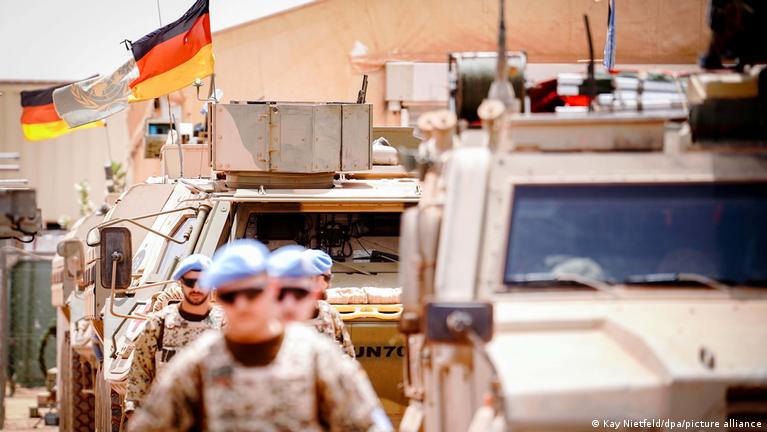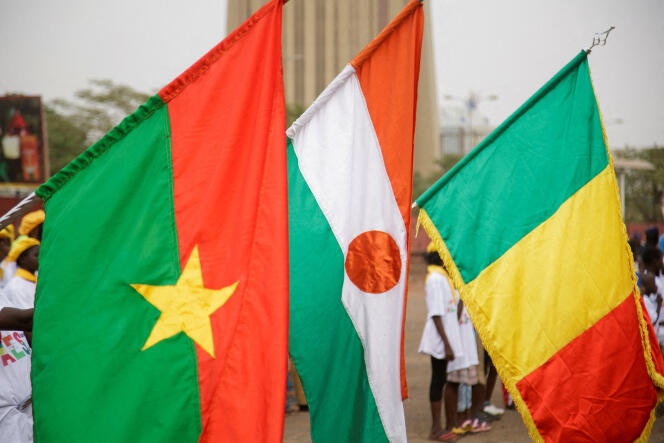The two camps — Assamaka in Niger and Dadaab in Kenya — are more than 5000 kilometers apart but both swell with migrants or refugees who have embarked on a long and difficult journey looking for safety from conflict or drought.
Assamaka, the first village on the border with Niger, sees the arrival of hundreds of migrants every week who have been turned back from Algeria. There are now more than 4,500 of them, including Malians, Guineans, Ivorians, Syrians or Bangladeshis, wandering around this tiny, windswept island of land. The transit center managed by the International Organization for Migration (IOM), the main intergovernmental organization in this field, is overwhelmed by the influx and only takes in about a third of the deportees.
Stripped of all their belongings in Algeria and with no money to pay for their trip home, according to their testimonies, they are then condemned to survive in this sand prison for an indefinite period of time, often several months. The number of migrants rejected at the gates of Niger has not stopped increasing since the beginning of the year, making the situation “without precedent,” according to Doctors Without Borders.
Meanwhile, between 400 and 500 people arrive at Kenya’s Dadaab refugee camp every day, according to the UNHCR, the UN refugee agency, mostly driven from Somalia by drought and insecurity.
The Horn of Africa region, including Ethiopia, Kenya and Somalia, is facing the longest and most severe drought in four decades. The unprecedented failure of five consecutive rainy seasons is pushing millions of people towards famine. Failed rains and lingering conflict have driven over 110,000 Somalis across the border in the last two years into the camp at Dadaab already struggling to cope with drought. With some 350,000 people living in these tent cities, all three of the settlements are well beyond capacity. So much so that a fourth settlement is scheduled to reopen in the coming months.
“We’ve received some funding, but not by any means, by any measure sufficient to cover all the basic needs,” warns the UNHCR senior operations coordinator. UNHCR and its partners are struggling to provide much-needed assistance including water, food, health care and other vital services to the most vulnerable, including children who are among the hardest hit.



